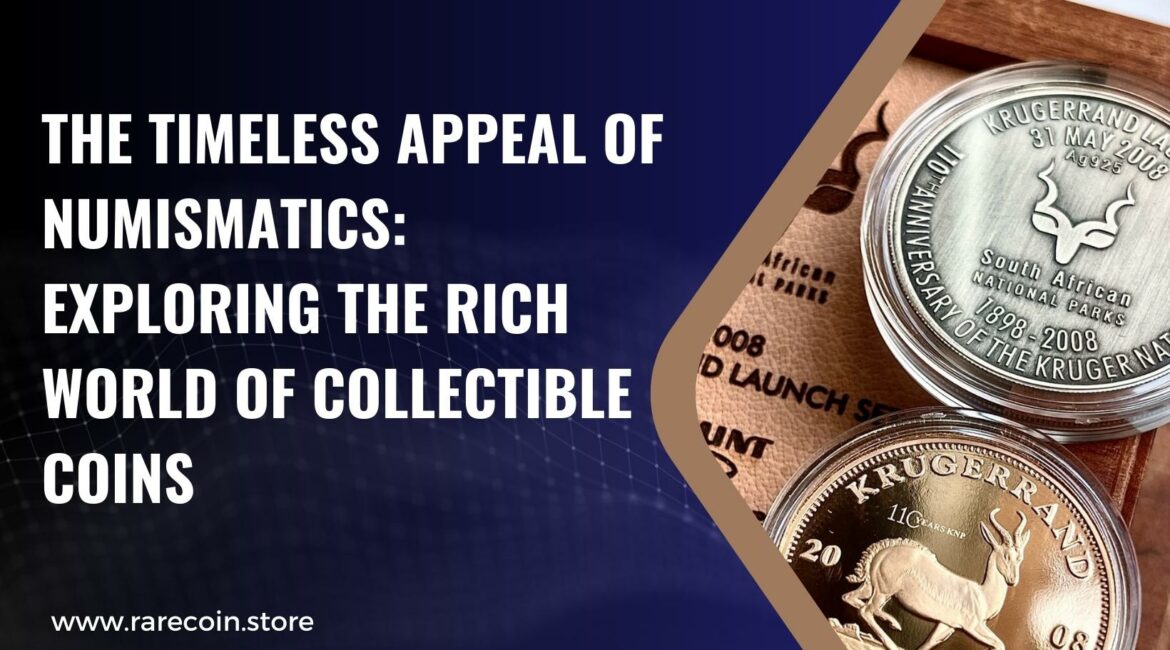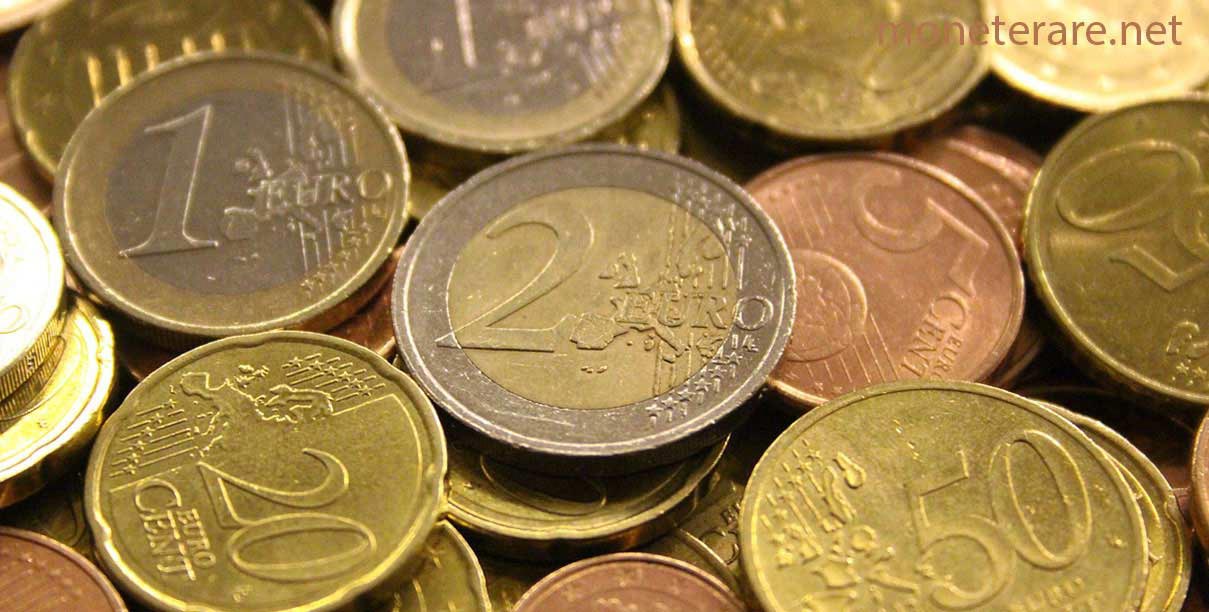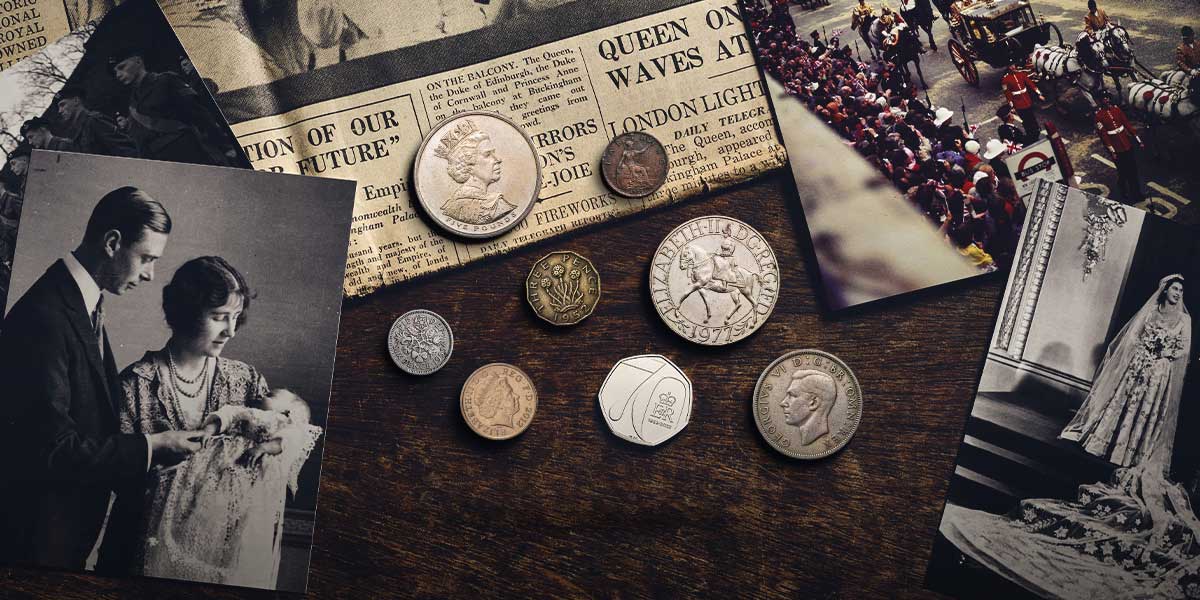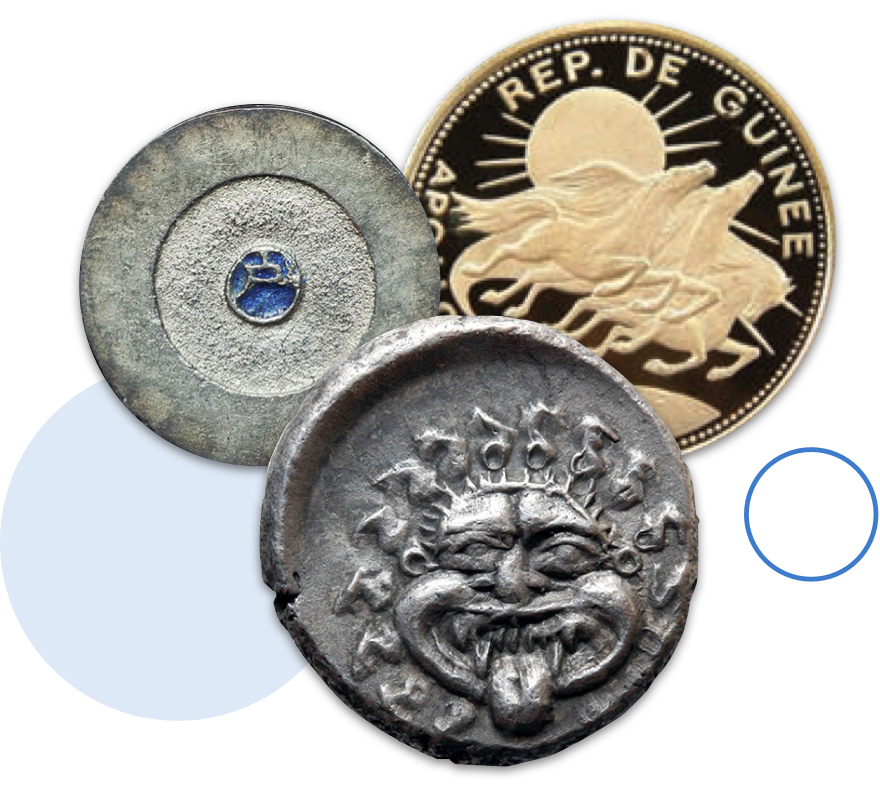Top News For Deciding On Coin Album And Treasury
Wiki Article
What Can I Do To Research Numismatics With Respect To Regional And Global Associations By Using An Online Database?
Here's a structured approach to conducting this type of research: Database Selection: Choose databases that are specialized in numismatic organizations, such as the websites of major organizations, like the American Numismatic Association (ANA), International Numismatic Council (INC) or regional associations like the Australian Numismatic Association. Here's a systematic way to conduct this research. JSTOR is a repository of academic publications conferences, databases, and conference proceedings.
Define Research Focus: Specify your research objectives. Are you interested in exploring the history and activities of global numismatic associations or regional collaborations, conferences, publications, or specific issues in numismatics that are discussed within these organizations? Set out your objectives for your research.
Search Strategy: Make use of keywords such as "numismatic associations,"" "global numismatics," "regional societies for numismatics," and add specific names of associations or geographical regions where relevant. Use advanced search options to filter results according to the date, type of document (such as conference papers or association newsletters), and geographical scope.
Access to data collection Information on the background, mission, membership publications, and other activities of regional and global societies for numismatics. Search for information on past or forthcoming conferences, research collaborations, and workshops. Find databases that contain information about the members, their leadership and contact info.
Analysis: Examine data to better understand the influence of local and global societies of numismatics. Examine how these associations aid in advancing education in numismatics, foster international cooperations, and collaborate on research via conferences and papers.
Cross-Referencing: Verify your conclusions by cross-referencing information across multiple sources and databases. Examine the projects and activities of various associations to provide a more comprehensive picture of regional and global developments in Numismatics.
Documentation - Document your research findings by citing the sources you used and noting any methodologies that were employed. Keep track of details such as the databases that you used, the search words employed, as well as the relevance of the source you used was for your research.
Keep up-to-date: Numismatics organizations continue to evolve. This includes the release of new publications, collaborative projects and conferences. Stay current by visiting the websites of associations as well as newsletters and databases of scholarly journals.
Use these guidelines to utilize databases efficiently to study the world of numismatics as well as regional and global associations. This method allows for a thorough examination of the academic processes and organizational structure that shapes the numismatic community at a global level. Check out the best coin rarity tips for website examples including banknote production, design, banknote dealer, dime, banknote magazine, coin identification, coin forum, currency appraisal, currency, copyright and more.

How Can I Search For Coin Dealers On A Numismatics Database?
To study coin dealers and numismatics you must utilize databases that include information about dealers, numismatics and also historic transactions. To conduct this type of research, here's how to conduct it: Database selection: Select databases that focus on numismatic listings and trade. This includes online numismatic markets, dealer directories from numismatic associations (such such as the Professional Numismatists Guild), databases of auction houses, as well as historical archives on numismatic trade.
Define Research Focus: Specify your research objectives. Are you interested in knowing the background of coin dealers, or their profile, learn about the trends in the market for coins, how they have changed in price over time, or the influence that dealers have on collecting trends? Clarify your focus to guide your research.
Search Strategy: Use keywords such as "coin dealers," "numismatic market," "dealer directories," and include specific dealer names or geographic regions, if appropriate. You can filter results with advanced search options. You are able to filter by date and dealer specialties like modern or ancient coins, or rare coins.
Data Collection: Get access to data about dealers in the field. This includes their business names as well as places of business, as well as details on specificities, operating years and profiles. Details about dealers who have made notable contributions to numismatics, collecting, or the scholarly community. Also, gather details about their involvement in notable auctions and sales.
Analyze your data to understand the role that coin dealers play in the numismatic world. Discover how coin dealers can influence market dynamics, collect patterns, authenticate coins, grade them, and help in disseminating numismatic information via publications and other educational activities.
Cross-Reference: Check the validity of your study by cross-referencing information from multiple databases, directories of dealers and auction data. This ensures the accuracy of your research and thorough. It also provides insights into the different aspects and contributions that the dealers of coins make to the field of numismatics.
Documentation - Record your research findings in a structured fashion including the sources you used and noting methods. Detail the databases utilized, the search term(s) used, as well as the relevance of every source to your questions.
Stay updated: New auctions and dealers that are entering the market, along with market trends, are constantly changing. Follow updates from numismatic associations auction houses, online marketplaces as well as other sources to stay current on the latest developments in the numismatic market.
By following these steps, you will be able to allow you to gain a thorough understanding of the world of numismatics in relation to dealers in coins. This will allow you to examine the past and present profiles of coin dealers, their market impact and also the contributions that they have contributed to numismatics. See the best currency authentication info for site examples including currency history, banknote certification, banknote dealer, coin collecting, federal reserve, banknote display, coin design, banknote grading, coin, coin identification and more.

What Can I Do With A Database To Research Numismatics With Regards To Auction Houses?
Here's a systematic approach to conducting such research:Database Selection: Choose databases that specialize in auction house catalogs, historical sales records, and auction specialist expertise. This is a structured way to conduct this research. Examples include auction houses' websites (such as Stack's Bowers Galleries or Heritage Auctions), online auction platforms, and numismatic platforms that archive results.
Define Research Focus: Specify your research objectives. Are you interested to understand the market prices of certain coins, the trends in numismatic collections, the effect of auction houses on values or the historical importance of auctions for numismatic scholarship. Clarify your focus to guide your research.
Utilize keywords to locate auction results, such as "numismatics", "auction houses catalogs" and "coin auctions". If appropriate you can include the names of specific auction houses or geographic regions. Results of searches can be filtered by categories like auction dates, dates, coins types, as well as auction houses.
Access data from auction catalogues as well as sales records. Find auction dates and descriptions of lots and coin images conditions reports, provenance data, and prices realized. You can examine auction results by searching databases of archived auction catalogs.
Analysis: Examine information to better understand market dynamics and trends. Analyze the market value of coins that are rare, the historical patterns of auction activity, and the impact that auction house expertise plays on the valuation and attribution numismatic objects.
Cross-Referencing Check your the results using multiple databases for auction houses, numismatic journals and historical archives. This ensures completeness and accuracy of your research. It also provides a comprehensive picture of the auction house's contributions to the field of numismatics.
Documentation. Document your findings, noting the sources used, and the methodology you used. Detail the databases that you've used, your keywords, and how each source is related to your query.
Stay up-to-date: Numismatics auctions are constantly changing and making new records in sales. Check for updates from auction sites as well as numismatic associations and special databases of auction results to stay current on the latest numismatic trends and price fluctuations.
Utilize these tips to use databases to gain insight into numismatics in relation to auction houses. This approach lets you conduct a comprehensive study of the market developments, sales history and the expertise of auction experts that influence the collection landscape. Take a look at the top silver blog for site info including coin production, coin design, banknote identification, lira, coin value, coin minting, commemorative coins, banknote holder, banknote collection, coin dealer and more.

How Do I Locate Experts In Preservation And Conservation By Using A Numismatics Database?
Here's how you can conduct a systematic research on the subject of numismatics. To conduct such a research, here's a structure database selection: Choose databases that specialize on conservation and preservation of cultural artifacts, including numismatics. These include the websites of conservation organizations like the International Institute for Conservation of Historic and Artistic Works (IIC), museum conservation departments and numismatic publications.
Define Research Focus: Specify your research objectives. You may be interested in knowing more about conservation techniques used on objects of numismatic origin. Studies of restorations of medals or coins, prevention conservation strategies, ethical considerations, or the conservation of numismatics. Find out the purpose of your research.
Search Strategy: Include keywords such as "numismatic preservation", "coin conservation techniques", "conservation methods for medals" and specific conservation methods, if applicable (such cleaning, stabilization, or storage) in addition to historical periods. Use advanced search options for filtering results by date and conservation topics.
Data collection: Get information about conservation methods and preservation techniques used to preserve numismatic objects. Details such as case study on conservation techniques, articles about preventive conservation strategies and interviews with conservationists may be collected.
Analysis: Examine your data in order to gain greater understanding of the issues and innovations that are involved in the preservation of numismatics. Assess the impact of conservation methods and the role played by scientific research in making conservation decisions, and the integration of ethics into conservation methods.
Cross-Referencing. Verify that your findings are correct and complete by comparing data from different databases, websites of conservation organizations museums, conservation departments at museums or academic articles. This allows you to do a thorough and precise research into conservation of numismatics.
Documentation: Document your results consistently by citing sources and listing the methods you utilized. Notate the database names as well as the search terms and relevancy of each source in relation to your study.
Keep up to date: Conservation techniques and preservation standards are evolving as technology advances and research. For the most recent developments in numismatics, stay up with updates from conservation organisations, museum conservation departments, as well as specialized conservation publications.
Databases are a great way to get information about numismatics from conservation and preservation specialists by following these easy steps. This method allows for a thorough examination of the methods and ethics used by conservationists to protect objects that are numismatic. It offers insights into the issues they face and the progress made in safeguarding the cultural heritage by using numismatic conservation techniques. Have a look at the recommended coin planchet info for blog examples including coin identification, pound, coin certification, banknote marketplace, currency authentication, coin mold, banknote storage, franc, mint, currency grading and more.

How Do I Utilize A Database To Research Numismatics Regarding Networking Opportunities?
When conducting research in numismatics that is focused on networking, it's essential to utilize databases as well as other platforms. These platforms will enable you to connect with collectors, dealers researchers and other enthusiasts. This is a method that can be structured to conduct such research. Database Selection: Choose databases and platforms which specialize in numismatic network opportunities. For instance, numismatic society websites as well as forums on the internet (such as CoinTalk and Reddit's CoinTalk, and r/Coins) as well as social media communities (on Facebook, LinkedIn), and professional networking platforms.
Set the Research Focus. Specify Your Goals for Networking. Are you looking to meet collectors for exchange of knowledge, in engaging with dealers, or selling or working with scholars and researchers on research projects or in numismatic and conference events? Make sure you know what you want to achieve so that you find the right match.
Search strategy: Use keywords that describe your interests, for example "numismatics", "coin collectors forums" or "numismatic social networking groups". If appropriate, you can also include geographic areas or specific interests. Use the search functions within the platforms to locate groups, events, and forums that are relevant.
Get information on networking within the community of numismatics. Specifics such as group descriptions and membership benefits, including access to discussion forums and events, are important. Additionally, any upcoming events like auctions, conferences or fairs must be recorded, as well as profiles of the most important people.
Analysis: Examine all data to determine opportunities and networks which are pertinent. Evaluation: Examine the engagement levels in forums and groups. Also, assess the range of participants (collectors/dealers and scholars) and the regularity of updates and discussions and the potential for collaboration between academic and professional.
Cross-Referencing: Confirm your findings by cross-referencing information across various databases, numismatic society websites, social media groups, and professional networking platforms. It is then possible to identify numerous networking opportunities across different platforms.
Engagement: Engage in chosen networks by actively participating by sharing insights or asking questions, and providing your expertise. Connect with other dealers, collectors, and scholars to share valuable details and increase your network.
Documentation. Record your networking activities by keeping track of the networks, groups as well as the events and contacts you made. Keep track of your networking opportunities as well as the outcomes achieved.
Utilize these tips to use databases efficiently to research the world of numismatics in relation to networking opportunities. This method lets you increase your personal or professional network in the numismatic world, aiding collaborations, exchange of information and participation in numismatic activities which enhance your knowledge and participation within the field. Take a look at the top collection for blog recommendations including czech coins, krona, design, currency exhibition, money, dinar, coin planchet, uncirculated coins, banknote errors, proof coins and more.
